
- 235 Posts
- 1 Comment
Joined 10M ago
Cake day: Dec 28, 2023
You are not logged in. If you use a Fediverse account that is able to follow users, you can follow this user.
Archive: [ https://archive.is/gXsad ]
>Albanese said she was "in shock" when she learned [Quebec had opened a trade office in Tel Aviv in June](https://montrealgazette.com/news/quebec/quebec-trade-office-in-tel-aviv-will-operate-as-planned-legault-says), even as the conflict between Israel and Hamas continued to rage and tens of thousands of Palestinian civilians had been killed.
>
>"Silence, or worse, the justification on the part of a small, but influential number of states, continued to allow and nurture the arrogance that is at the origins of Israeli behaviour today, as we talk," she said.
>
>"It is extremely troubling to see countries which are members of the United Nations pontificate, call into question and cloud the meaning of international law and dehumanizing the victims of these past 12 months."
>The Liberal government has been under intense pressure from the U.S. to boost defence spending. Last year, the Liberals announced more than $30 billion in new projects, with much of that going to U.S. firms.
>Coercive interventions have been the preferred response to substance use in many countries. When evaluated, these programs are documented to have [success rates lower](https://www.sciencedirect.com/science/article/abs/pii/S0955395924000100) than four percent. Beyond their marginal benefits, forced treatment programs come with their own downsides, including heightened risk of fatal drug poisonings.
>
>In Massachusetts, where involuntary treatment has been the law of the land since 2018, the state public health department found that the risk of fatal overdose was [twice as likely](https://www.mass.gov/doc/legislative-report-chapter-55-opioid-overdose-study-september-2016/download) compared to post-voluntary treatment.
>Last year the [Red Deer Recovery Community](https://www.edgewoodhealthnetwork.com/locations/red-deer-recovery-community/) opened its doors. The provincially funded 75-bed treatment centre is managed by Edgewood Health Network, a for-profit health care company which operates 11 similar sites across Canada. For Edgewood's services in Red Deer, the province has found itself dishing out [$13 million a year](https://drugdatadecoded.ca/marshall-smiths-human-centipede/).
>
>With so much profit to be made, Bay Street has rushed to insert itself into the equation. Expecting huge returns, [Peloton Capital Management](https://www.pelotoncapitalmanagement.com/news/2024/3/7/pelotonannouncesdealwithtrilogyfs) (PCM), a billion-dollar Toronto-based private equity firm, began [financing](https://www.pelotoncapitalmanagement.com/news/2021/4/19/peloton-capital-management-continues-to-strengthen-portfolio-with-investment-in-ehn-canada) Edgewood Health Network's expansion 2021\.
>Neonicotinoid are a class of pesticides [harmful to human brains and sperm](https://www.nrdc.org/bio/jennifer-sass/neonic-pesticides-potential-risks-brain-and-sperm) and [deadly to bees, insects and birds](https://www.nrdc.org/stories/neonicotinoids-101-effects-humans-and-bees). They are banned in Europe because of the ecological harm they cause. Canada initially planned to follow suit, but relented after years of pressure by industry.
>
>Critics were unconvinced by Naqvi's response.
>
>"For the past decade, Health Canada has repeated the line that they are examining the evidence of harm from neonics, all the while continuing to allow their widespread use," said Lisa Gue, manager of national policy for the David Suzuki Foundation.
>The federal government is poised to release their next-generation transit investment program, the [_Canada Public Transit Fund_](https://housing-infrastructure.canada.ca/cptf-ftcc/index-eng.html). It may surprise you to learn that [not a single penny of this $30-billion program is allowed to go toward stopping transit service cuts](https://www.cbc.ca/news/canada/ottawa/canada-public-transit-fund-trudeau-1.7271401). Since 2016, it has been the federal government's policy to limit the public transit funding it provides to building new subway or light rail infrastructure or buying new buses. It cannot be used to make existing transit more reliable by increasing service hours and the frequency of trains or buses. This is despite [studies showing that these measures are the most important drivers of key outcomes like ridership growth](https://www.sciencedirect.com/science/article/pii/S0965856418300296) and emissions reductions.
>The penalty was part of a decision the tribunal issued in September that saw it side with the Competition Bureau, which accused Cineplex of misleading theatre-goers by not immediately presenting them with the full price of a movie ticket when they bought seats online.
>
>Cineplex began charging an $1.50 online booking fee in June 2022 to many customers not enrolled in its CineClub subscription and Scene Plus loyalty programs, which saw the fee waived or dropped to $1, respectively. It's a practice known as drip pricing.
Archive: [ https://archive.is/UZxWT ]
>What's more, the number of injuries is much higher than the norm. Kibos says that 126 injuries have been recorded since the start of the year, which works out to about 3 injuries a week.
>
>Yet in their press releases, Amazon bosses seem proud of their health and safety policies. Amazon Canada stated, in October 2023, "The safety and health of our employees remains a top priority, and we are pleased with our progress."
>
>In contrast, Trudeau said that "accidents happen because people feel rushed, because there's a rhythm imposed by the machine. The conveyor belt runs, the alarms go off. Then there are the managers who put the pressure on."
>
>According to a survey by the Immigrant Workers Centre (IWC), 69.7% of Amazon workers say that the risk of suffering an accident at work is very high. What's more, 66.6% think it's only a matter of time before their health situation forces them to take a leave of absence or quit their job.
>When Rogers announced plans to buy Shaw, Canada's Competition Bureau fought the merger, citing concerns that the elimination of Shaw as a competitor would lead to harm for consumers, including price increases.
>
>At the time, Rogers CEO Tony Staffieri [pledged lower prices](https://www.cbc.ca/news/business/rogers-bell-price-increase-1.7073376) for customers and brushed aside competition concerns.
>
>Earlier this year, Rogers upped the price of some cellphone, internet and home phone plans.
>There’s already been a vetting process to weed out some resolutions, but this one made it through, which suggests “someone in the party thinks that this is worth debating,” Young said.
>
>“I think this reminds us that the base of the UCP is host to a pretty substantial group of people who do not believe that climate change is real, or they don't believe that it is driven by human activity, and they think that any actions taken to transition away from fossil fuels are unnecessary.”
>Historically, models of isolation and violence inflict deep harm on already targeted peoples: Indigenous, Black, racialized, disabled, criminalized people and drug users. Studies show that forcibly institutionalizing people creates worse outcomes than other forms of support. People already struggle to access voluntary treatment, counselling and bed-based services. This type of incarceration often reduces tolerance to substances, increasing the risk of fatal overdoses upon release, particularly when community-based supports are lacking.











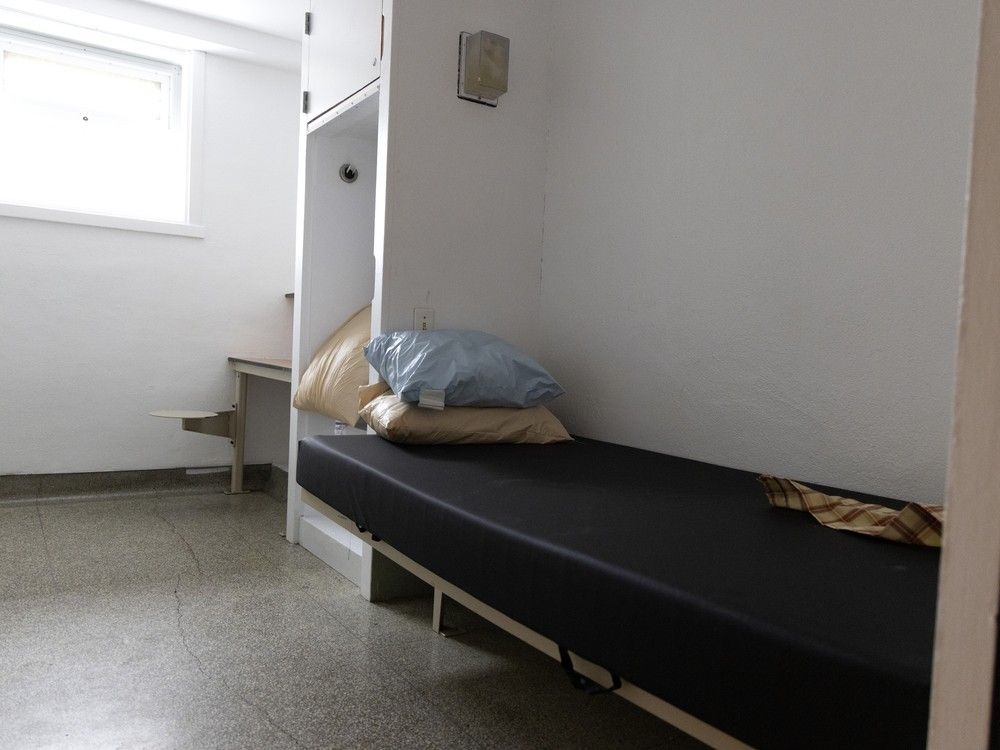



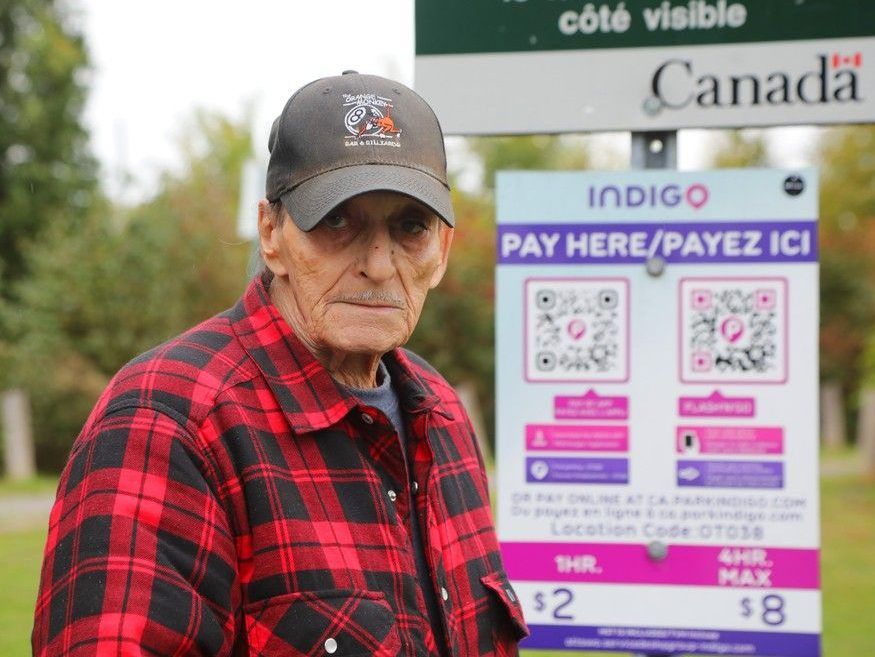


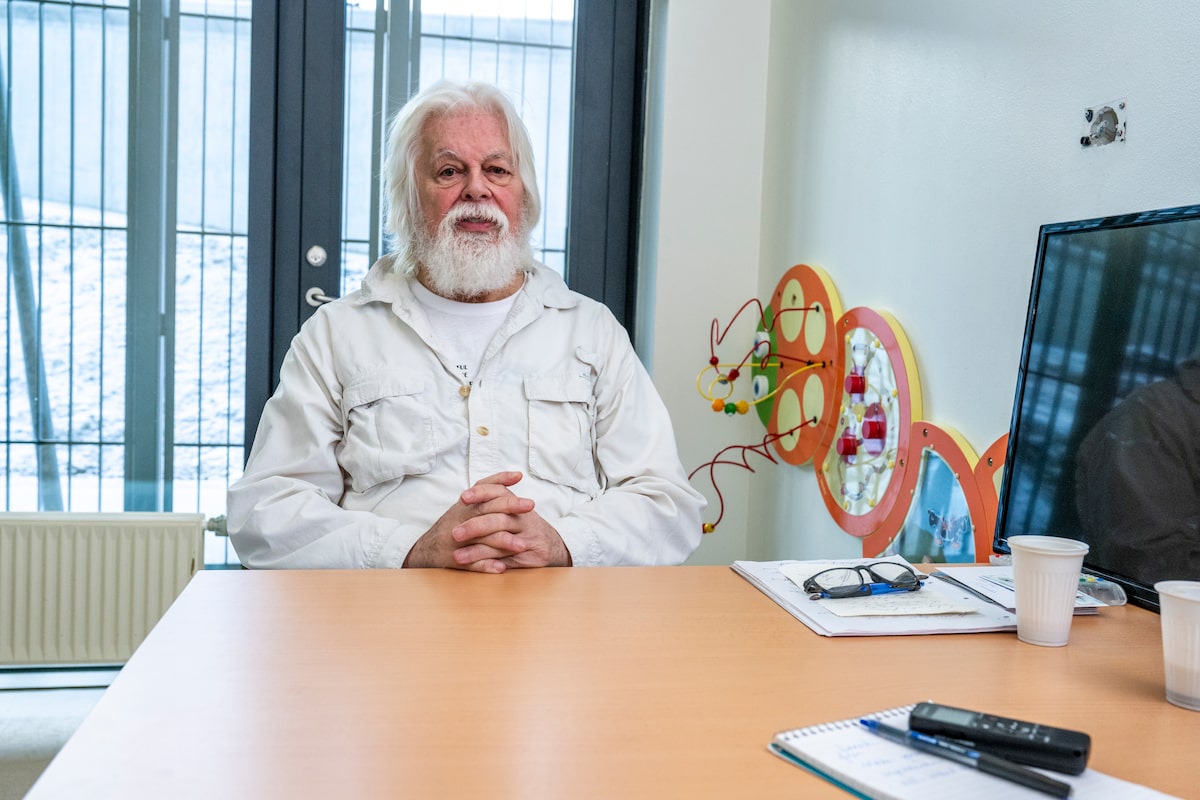

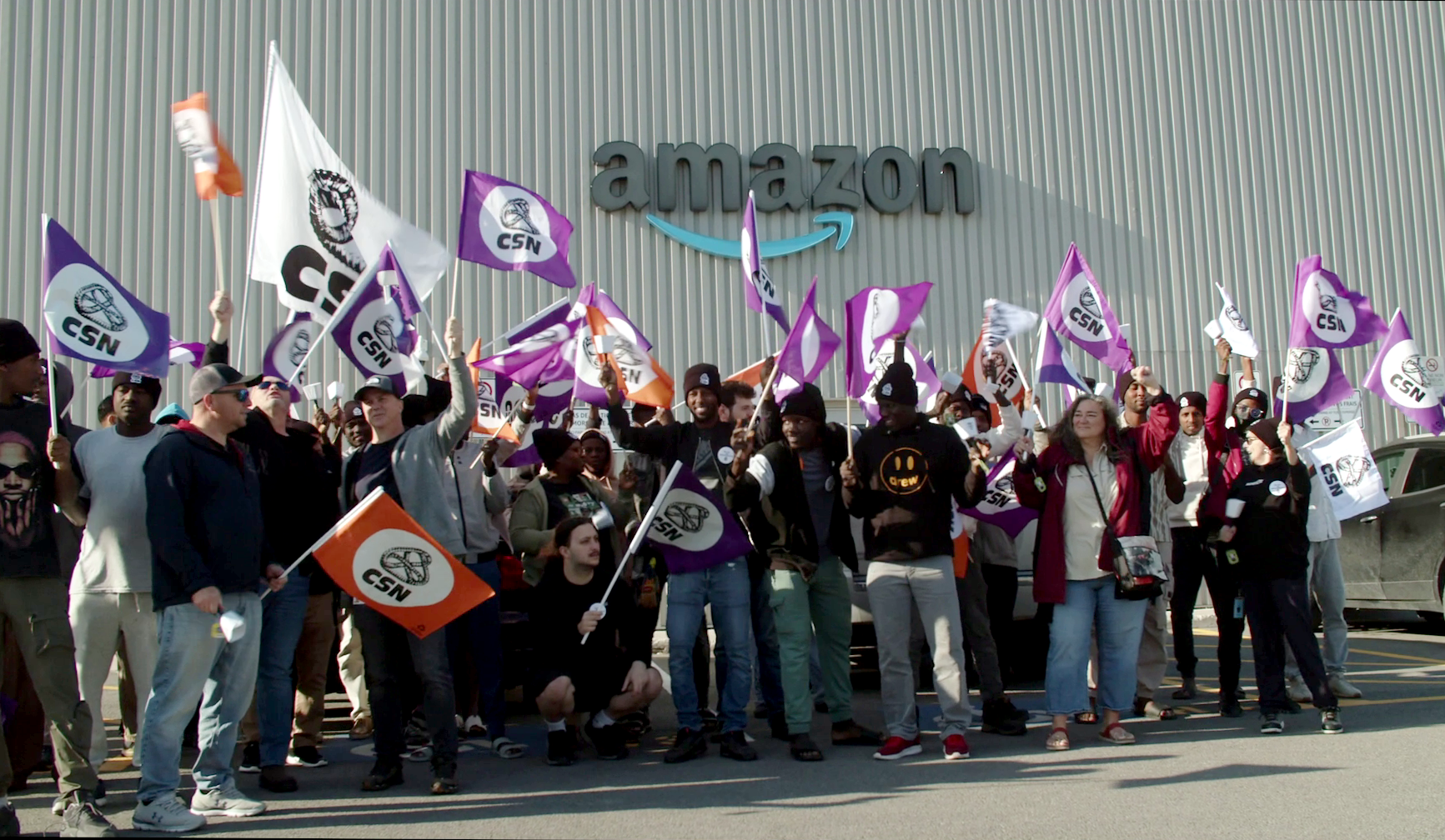


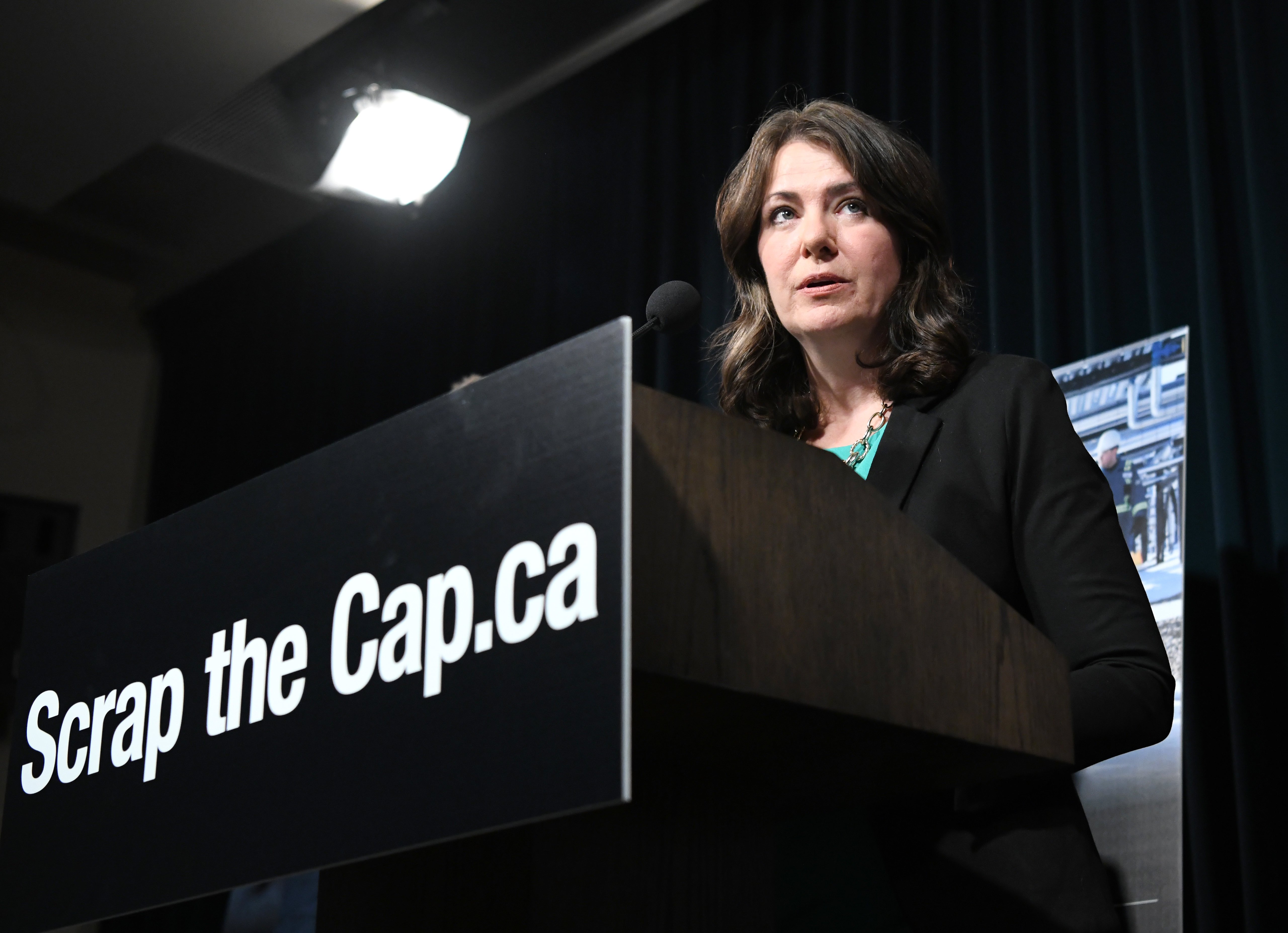

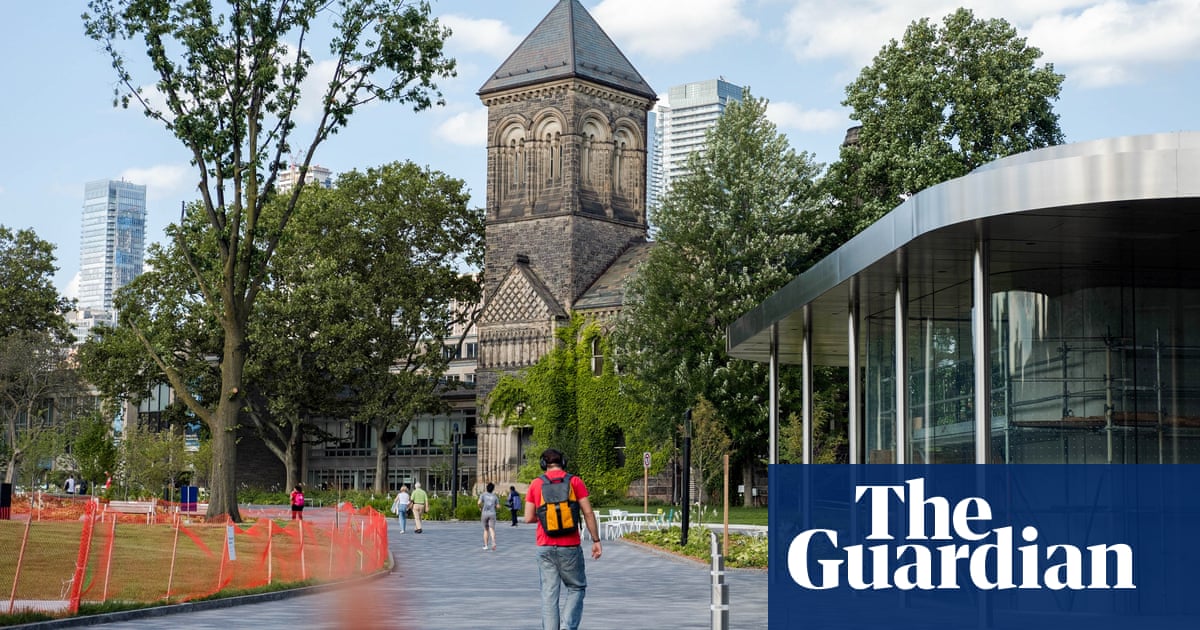
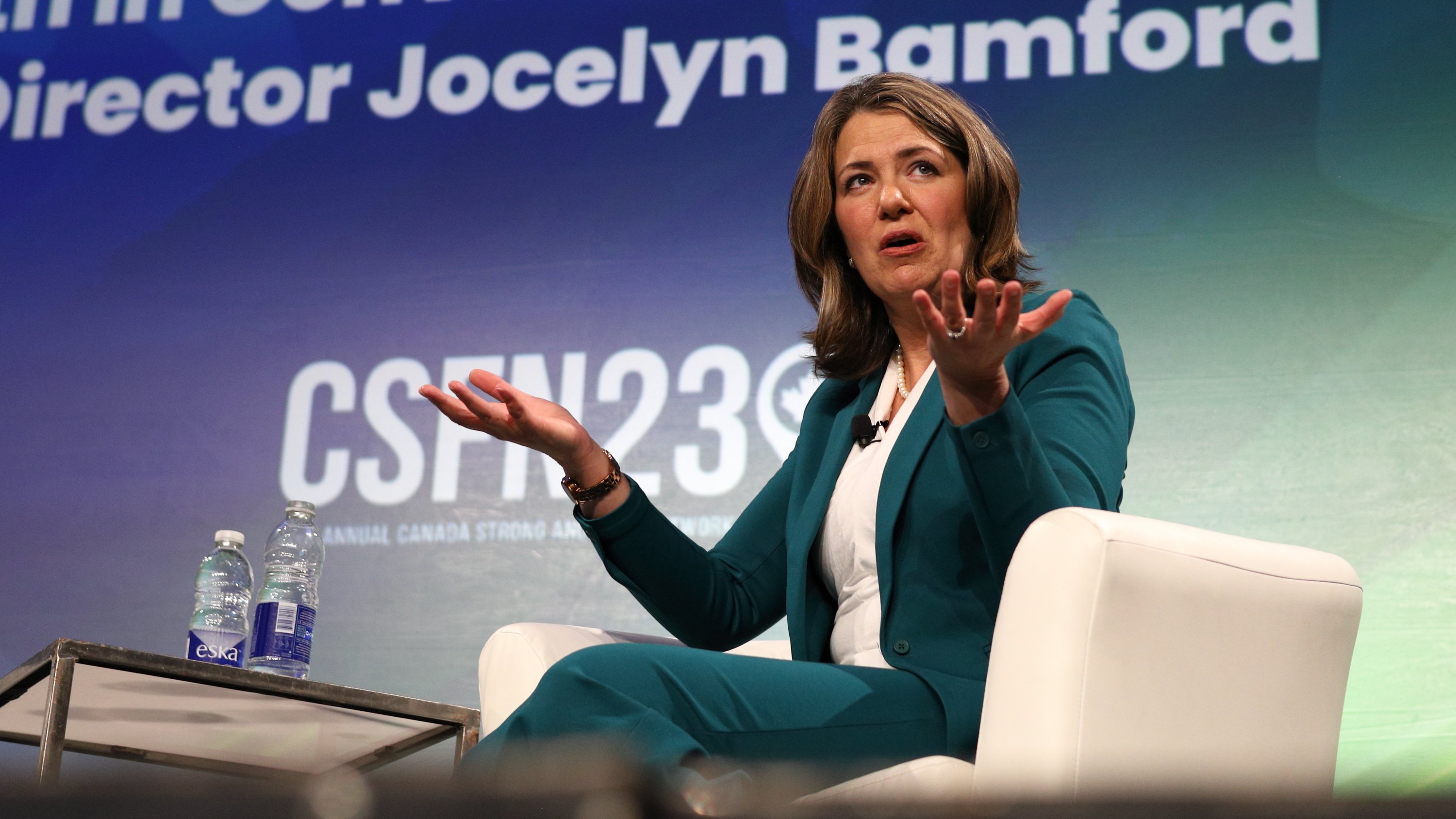
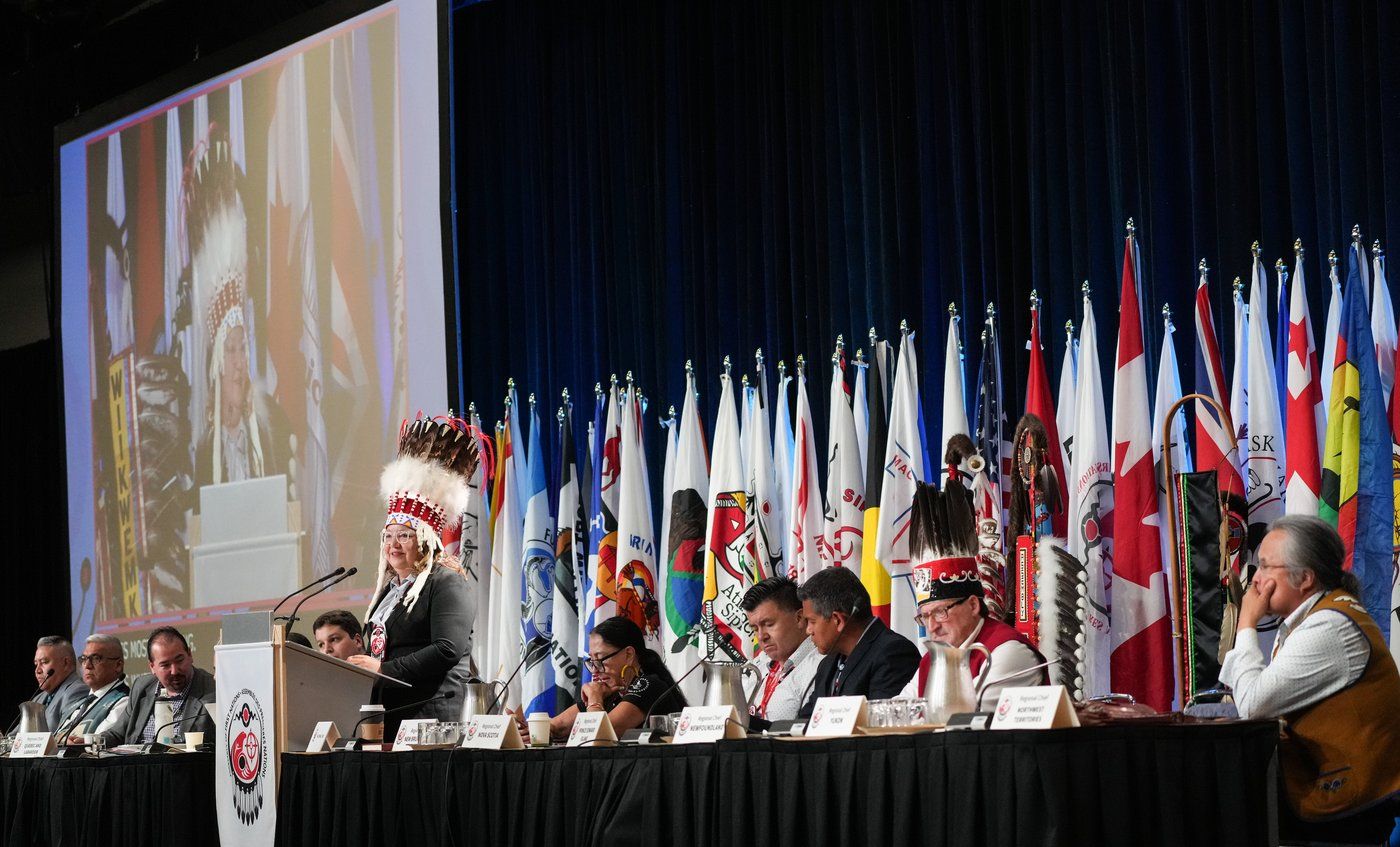

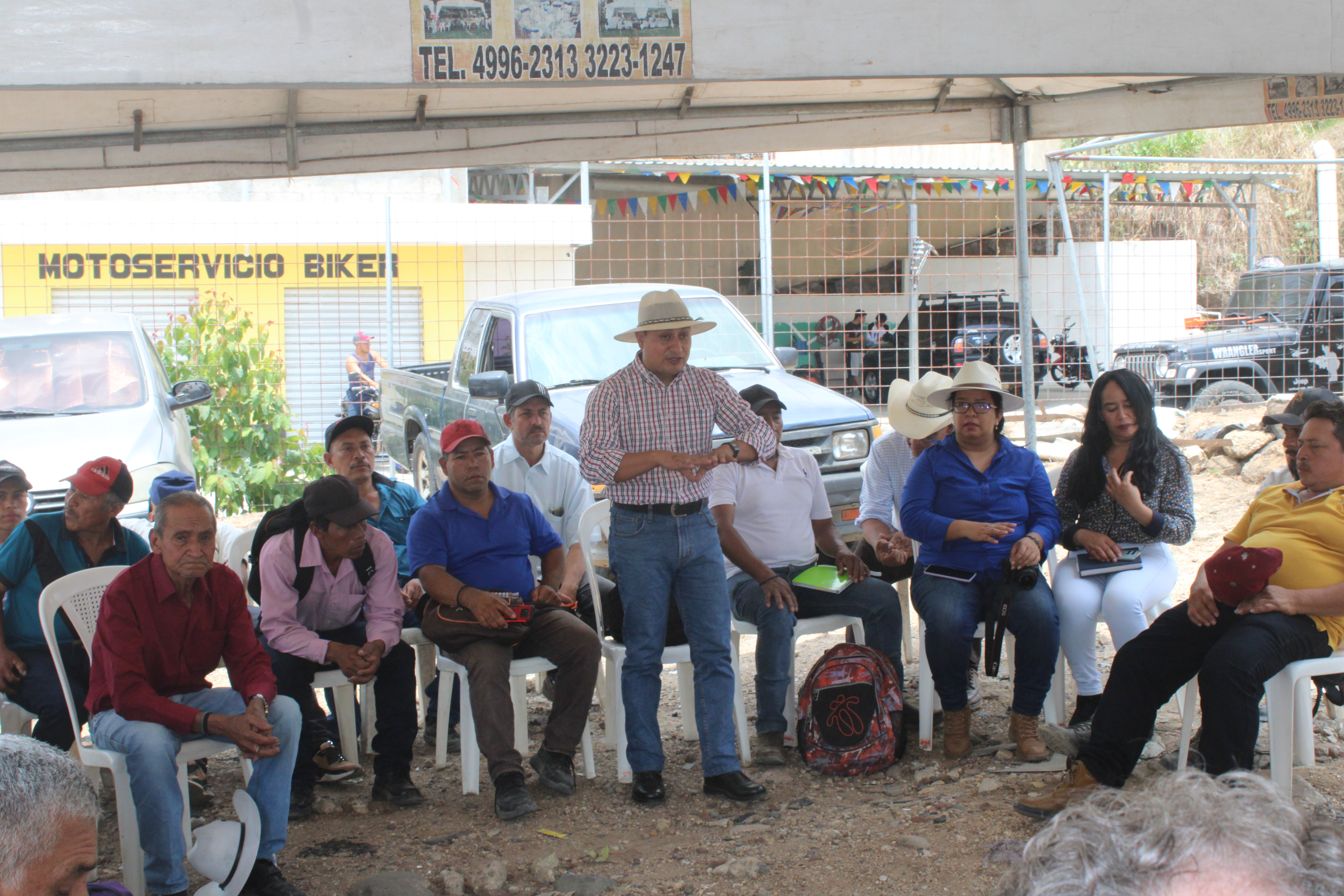


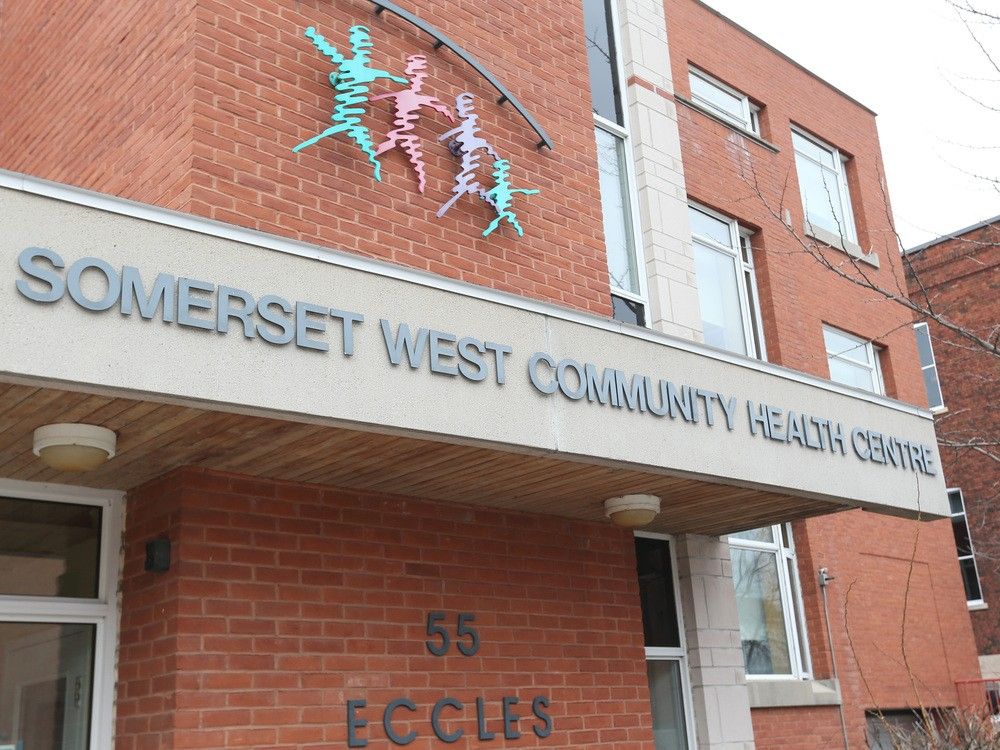
This seems to be the actual indictment, in case anyone wants to read it:
https://www.justice.gov/d9/2024-09/u.s._v._kalashnikov_and_afanasyeva_indictment_0.pdf